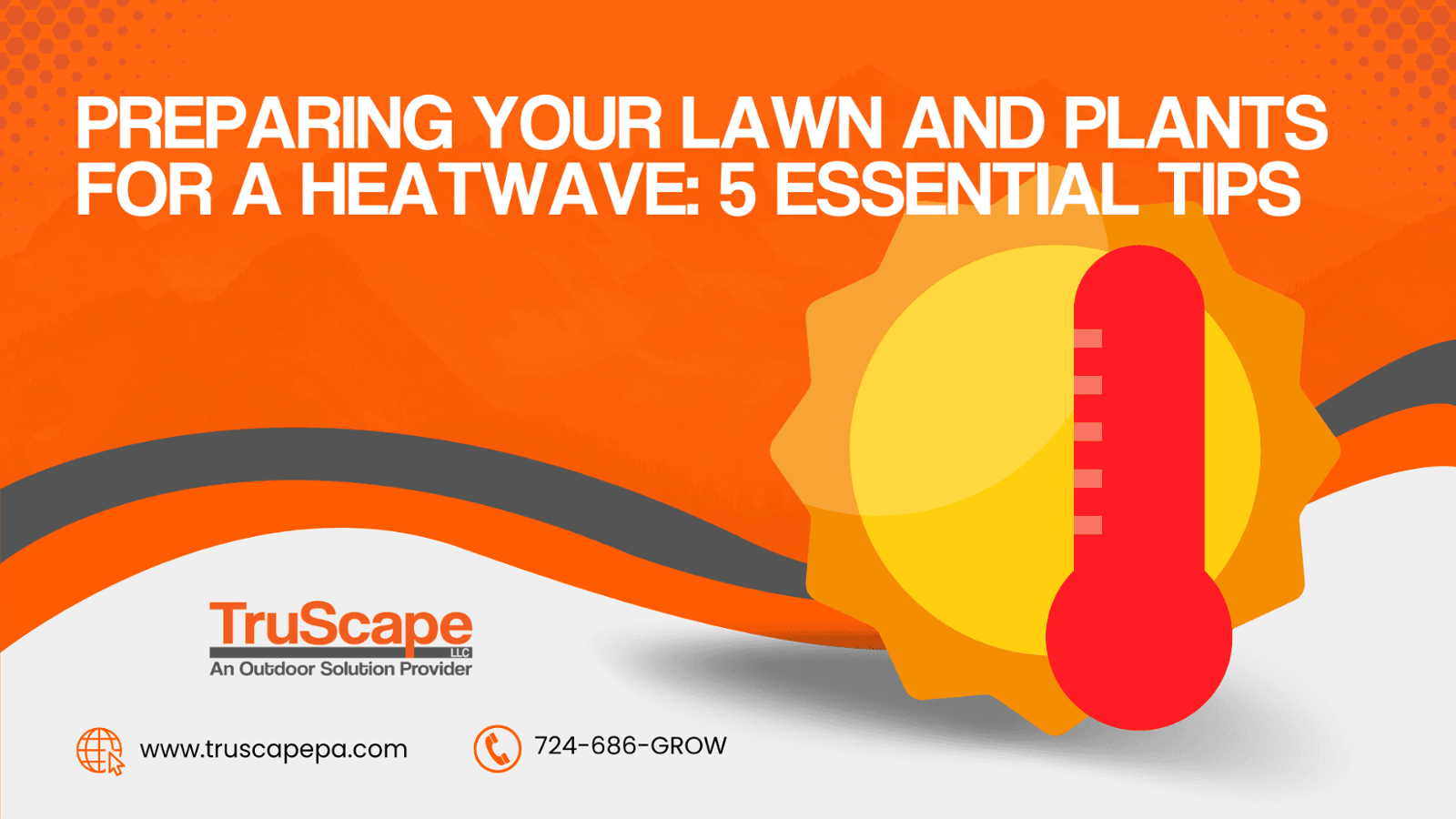Expert Tips to Keep Your Garden Thriving in High Temperatures

As temperatures soar into the 90s next week, it's crucial to take steps to protect your lawn and garden from heat stress. Prolonged exposure to such high temperatures can cause significant damage to your landscape. Here are five essential tips to help your greenery thrive through the heatwave:
1. Water Wisely and Deeply:
During extreme heat, proper watering is critical. Water your lawn and garden early in the morning or late in the evening when temperatures are cooler and evaporation rates are lower. Aim for deep, infrequent watering rather than light, frequent watering. This encourages deep root growth, which helps plants access moisture more effectively. For lawns, aim for about 1 inch of water per week, and for garden plants, ensure the soil is thoroughly moistened without becoming waterlogged. Learn more great watering tips from another local company: here.
2. Mulch to Retain Moisture
Mulching is a fantastic way to keep the soil cool and retain moisture. Apply a 2-3 inch layer of organic mulch, such as wood chips or straw, around the base of your garden plants. This helps reduce evaporation, maintain consistent soil temperature, and prevent weeds from competing for water. Make sure to leave a small gap around the plant stems to avoid rot.
3. Mow Smartly
Adjust your mowing practices to help your lawn withstand the heat. Set your mower blade to a higher setting, around 3-4 inches, to allow the grass to grow longer. Longer grass blades provide shade for the soil, reducing evaporation and protecting the roots from intense heat. Additionally, avoid mowing during the hottest parts of the day to prevent additional stress on the grass.
4. Provide Shade for Vulnerable Plants
Some garden plants are more susceptible to heat stress than others. Consider using shade cloths or temporary structures to provide relief for these sensitive plants. You can also place potted plants in shaded areas or use umbrellas and patio furniture to create temporary shade. This can help reduce the amount of direct sunlight and lower the temperature around the plants.
5. Monitor and Adjust Fertilization
During periods of extreme heat, it’s best to reduce or avoid fertilizing your lawn and garden plants. Fertilizers can stimulate growth, which in turn increases water demand and can stress the plants further. Instead, focus on maintaining healthy soil and consider using a slow-release fertilizer if necessary. Always follow the recommended application rates to avoid over-fertilization.
By following these tips, you can help your lawn and garden withstand the upcoming heatwave and remain healthy and vibrant. Remember, the key is to provide adequate water, protect the soil, and reduce additional stress on your greenery. Stay cool, and happy gardening!
For more personalized advice and professional landscaping services, feel free to contact TruScape. We're here to help your garden thrive, no matter the weather!
Prepare your landscape for the heat and ensure your garden remains a lush, green oasis throughout the summer.


